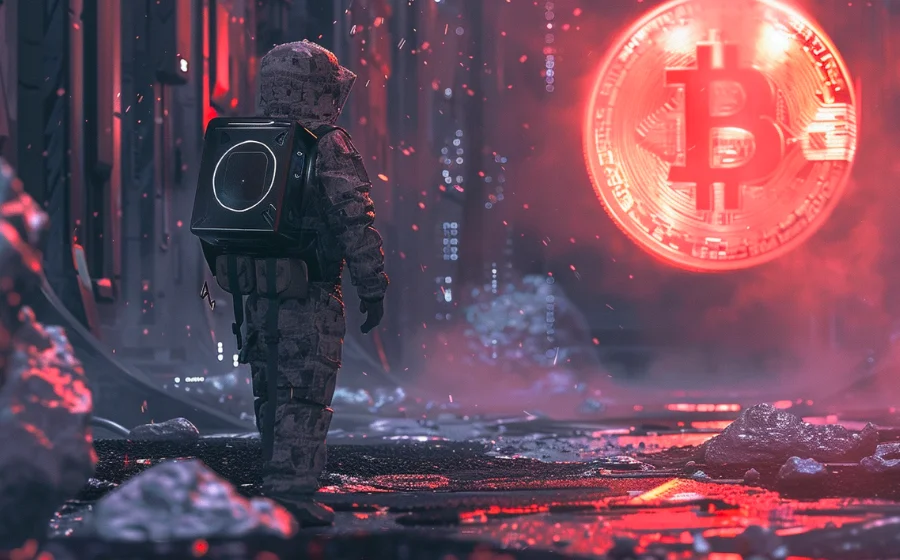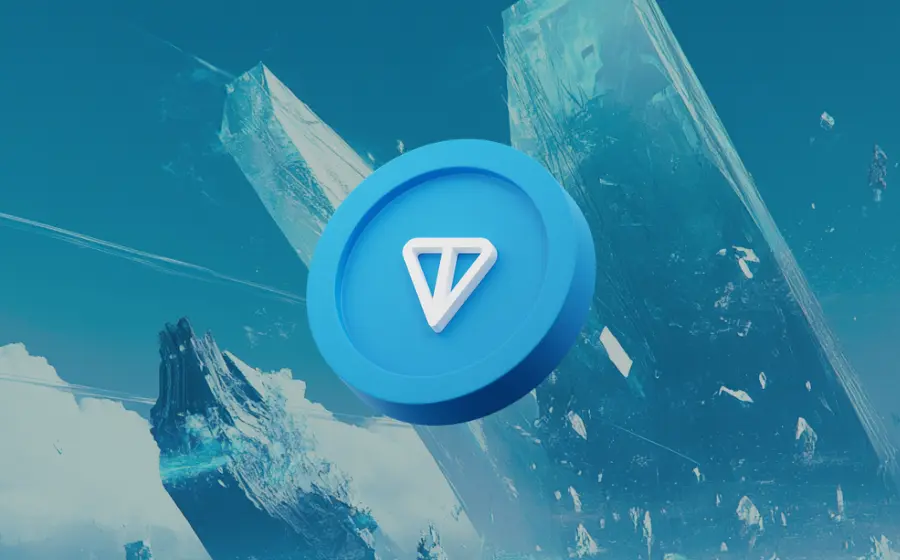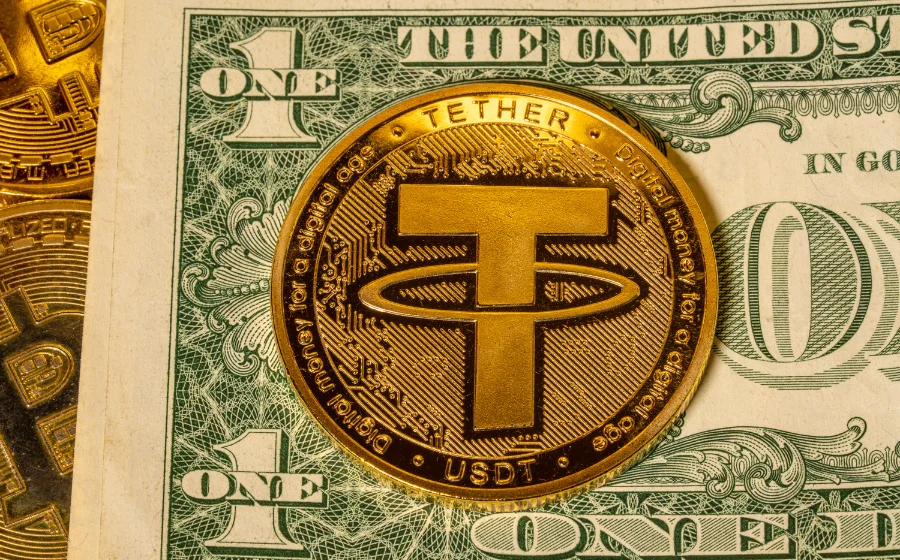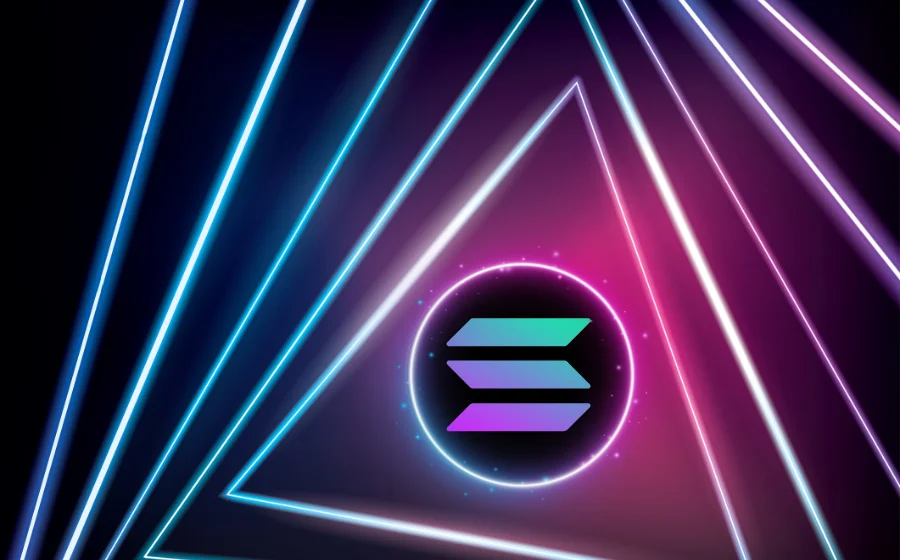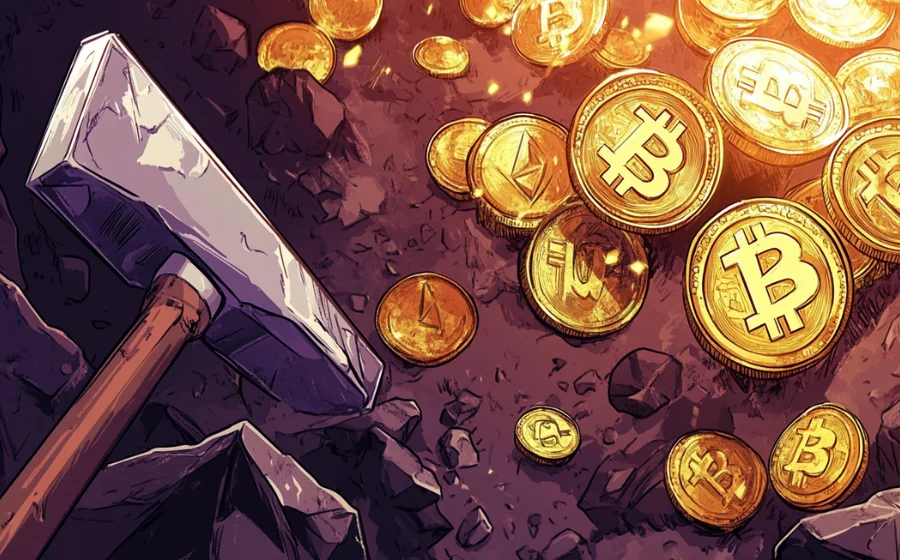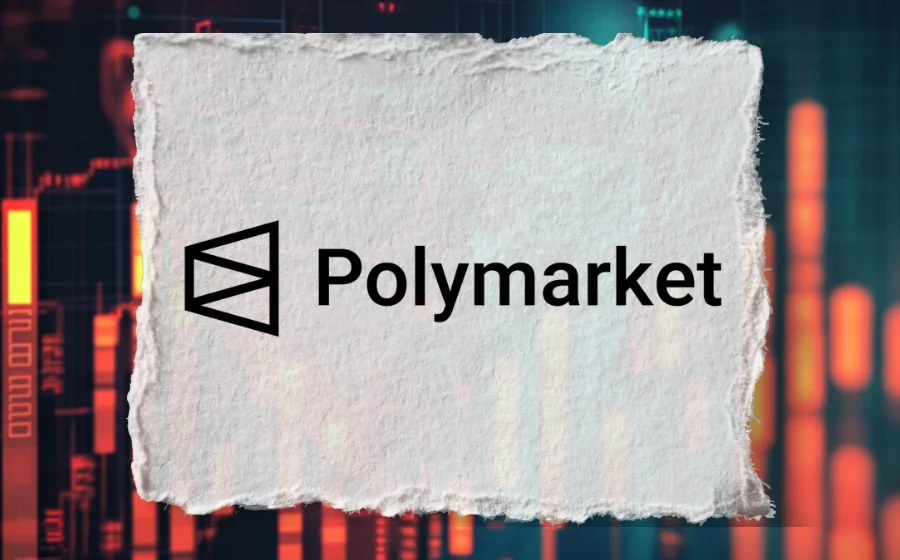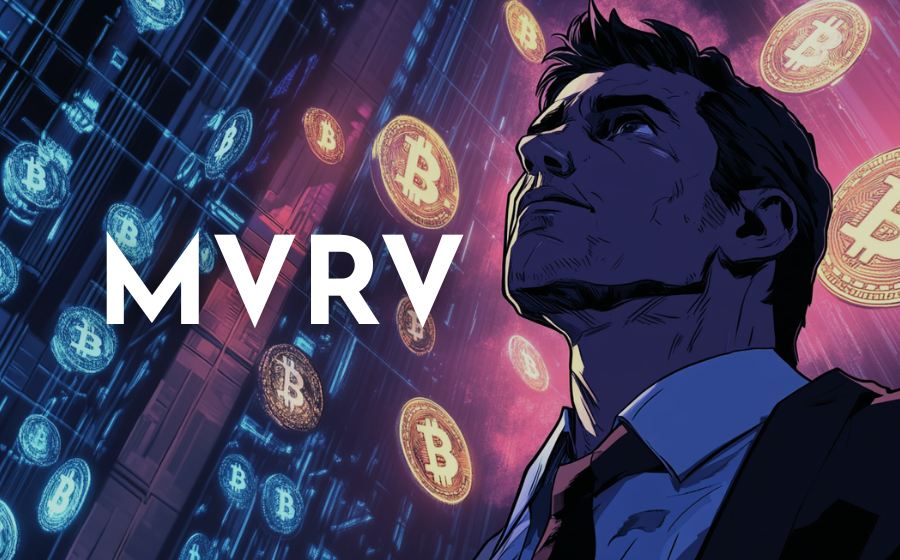
KEYTAKEAWAYS
- Web3 empowers users with control over their data and digital assets, moving beyond centralized platforms.
- Blockchain-driven decentralization is central to Web3, enhancing security, transparency, and fairness online.
- Web3’s success hinges on user adoption, requiring breakthrough applications to demonstrate its real-world benefits.

CONTENT
Web3 is the next evolution of the internet, moving from Web2. It’s a decentralized, user-driven model that aims to connect the digital and real worlds, giving users more control.
WHAT IS WEB3?
Web3 is a term used to describe the next generation of the internet, an advanced version evolving from Web1 and Web2. We are currently in the Web2 era, while Web3 represents a more open, decentralized, and user-driven network model, emphasizing user “ownership” of digital data. The goal of Web3 is to bring the digital world and the real world closer together, giving users more power and control.
In the traditional Web2 environment, users typically store digital data on “centralized” servers, leading to a loss of control over their own data. However, Web3 employs blockchain technology and smart contracts, allowing users to store data in a “decentralized” environment and manage it with private keys. This means that users can truly “own” their digital data.
With the technology behind Web3, users can issue their own digital works through smart contracts or trade digital assets. Web3 offers users new opportunities for creating, owning, and trading digital assets.
Web3 aims to build open, interconnected, and intelligent websites and web applications while enhancing machine understanding of data. Decentralization and digital economy play a crucial role in Web3, as they give real value to content created on the network. Moreover, Web3 is a constantly evolving concept, with no single definition, and its specific meaning may vary from person to person.
>>> More to read : Beginner’s Guide | What is a Smart Contract?
WHAT PROBLEMS DOES WEB3 AIM TO SOLVE?
Web3 aims to address several key issues present in the current Web2 era:
- Data ownership: In Web2, content uploaded by users to social media platforms doesn’t truly belong to the users. Platforms typically require users to grant broad usage rights, including the right to modify, display, and commercially exploit the content.
- Centralized control: Web2 platforms can arbitrarily delete, restrict, or moderate user content, leaving users with little control over their own data.
- Privacy and security: Centralized platforms hold vast amounts of user data, posing risks to privacy and security.
Web3‘s goal is to establish a more decentralized internet ecosystem, with key features including:
➢ Users having greater ownership and control over their data and digital assets
➢ Reduced reliance on centralized platforms
➢ Enhanced data privacy and security
➢ A more transparent and trustworthy network environment, implemented through technologies like blockchain
We are currently in a transition phase between Web2 and Web3, with both models coexisting. Web3 technologies are still evolving and may bring about significant changes in how we use the internet in the future.
>>> More to read : Real-world Assets (RWA): Bridging Traditional And Defi Markets
WHY DO WE NEED WEB3?
1. Addressing the monopolistic exploitation by tech giants
In the Web2 era, user data is controlled and managed by centralized entities, bringing them enormous benefits while users receive little value in return.
- Taking social media giants as an example:
Platforms like Facebook, Instagram, and Twitter have accumulated vast amounts of user-generated data, including personal information, social relationships, and behavioral preferences.
This data is used for targeted advertising and personalized recommendations, helping these platforms generate substantial advertising revenue.
However, users, as the original creators of this data, do not share in these profits.
Web3 advocates for decentralizing control over internet services, aiming to prevent the monopolization of the internet ecosystem by a few companies and ensure a fairer distribution of value.
2. Improving information transparency and efficiency
Web3 is dedicated to solving efficiency problems caused by the lack of transparency in centralized environments. The U.S. retail giant Walmart provides a good example:
※ Before introducing Web3 blockchain technology:
Tracking the source of food typically took a week.
※ After implementing blockchain technology:
The same process now takes only 2.2 seconds.
This improvement in efficiency not only reduces food safety concerns and ingredient waste but also significantly lowers operational costs for businesses.
3. Enhancing management autonomy and asset ownership
When inventing Bitcoin, Satoshi Nakamoto envisioned a world where individuals could hold and manage their own assets, rather than entrusting them to third-party centralized institutions. This has become one of the core principles of Web3.
In the Web3 world:
- Users manage their crypto assets using self-custodial cryptowallets.
- As private keys are stored on users’ devices and self-managed, users truly control their own wallets.
- This achieves complete ownership and management autonomy of users’ assets.
4. Improving privacy protection
Web2 offers limited protection for user privacy. When users conduct online transactions or use services, they often need to provide extensive personal information, with little control over how this information is subsequently used.
Web3 attempts to address this issue:
- Users can access decentralized applications (dApps) without providing personal information.
- Self-custodial crypto wallets serve as identity markers, eliminating the need for traditional registration processes.
- Users don’t need to provide names, addresses, or other personal data.
- Crypto wallet addresses become the sole means of identifying Web3 users.
This approach greatly enhances user privacy protection, allowing users to better control their personal information.
Web3 VS Web2
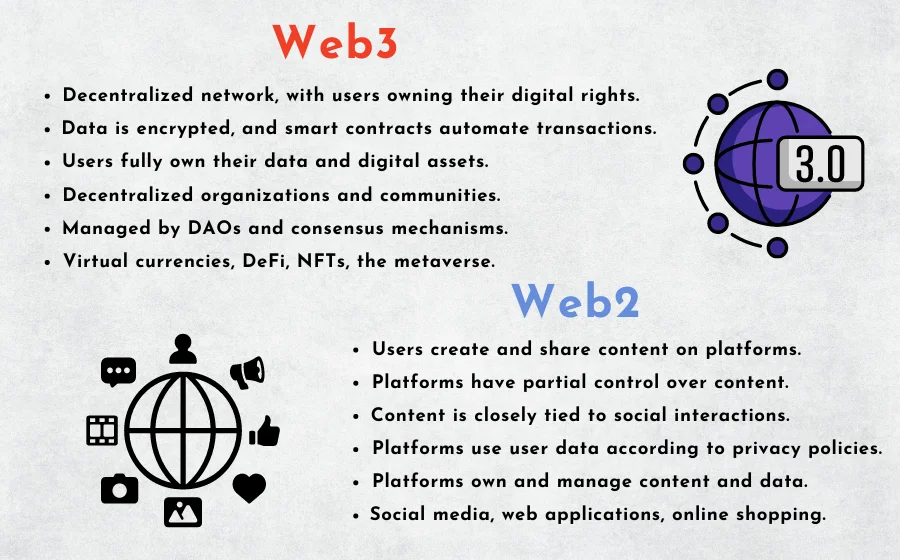
WEB3: ADVANTAGES AND CHALLENGES
Advantages of Web3
- Decentralization:
Web3 is built on blockchain technology, offering decentralization that reduces the need for intermediaries and middlemen, thereby lowering transaction costs and increasing efficiency. It also eliminates single points of failure and central control, enhancing the security and reliability of the system.
- Transparency & Fairness:
Due to the transparency of blockchain, all transactions and operations can be publicly verified, increasing system transparency and fairness. Additionally, Web3 provides equal access to everyone, regardless of identity, race, or economic status.
- User Control:
Web3 gives users greater control over their data and assets, allowing them to own their digital identity and manage their assets autonomously.
- Support for Innovation:
Web3 offers programmability and smart contract capabilities, enabling developers to create various innovative applications that provide more functionalities and address real-world problems.
Disadvantages & Challenges of Web3
- Technical Challenges:
Web3 technology is still relatively new and faces challenges in scalability, privacy, and performance, requiring further technical improvements and optimizations.
- High User Barrier:
For the average user, using Web3 applications may require a certain level of technical knowledge and learning, which can be a barrier for those without a technical background.
- Legal and Regulatory Risks:
The decentralized nature of Web3 may conflict with traditional legal and regulatory systems, necessitating a balance between decentralization and compliance with legal and regulatory frameworks.
>>> More to read : What is Altcoin & Altcoin Season?
THE FUTURE OF WEB3
Many tech trend reports indicate that Web3 is the future. According to GlobeNewswire, the Web3 industry is expected to grow at an impressive compound annual growth rate (CAGR) of nearly 70% through 2025, driven by the capabilities of blockchain technology.
Web3‘s vision of “decentralization” is set to profoundly impact our lives, bringing new applications in digital asset management, financial services, gaming, organizational structures, and identity verification.
However, Web3 faces significant challenges, the most critical being the need for a “killer app” that allows everyday users to experience its benefits in real life. Currently, many people are still unaware of what Web3 can offer.
The future of Web3 is full of potential and possibilities, but whether these visions will be realized remains to be seen. It’s essential to approach Web3 with an open and inclusive mindset, understanding that it’s not just a technological evolution but a revolutionary change that could reshape how our society functions.
>>> More to read :
FAQ
- Relationship Between Web3 and Blockchain?
Web3 is built on blockchain, using its decentralization, transparency, and security to give users more control over their data. Blockchain is the foundation of Web3.
- Is Bitcoin Part of Web3?
Bitcoin is a cryptocurrency and the first use of blockchain, but it’s not the same as Web3. Web3 is broader, including decentralized apps and digital assets.
- What About Web4?
Web4 isn’t defined yet, as Web3 is still developing. We’ll understand Web4 better once Web3 matures.
